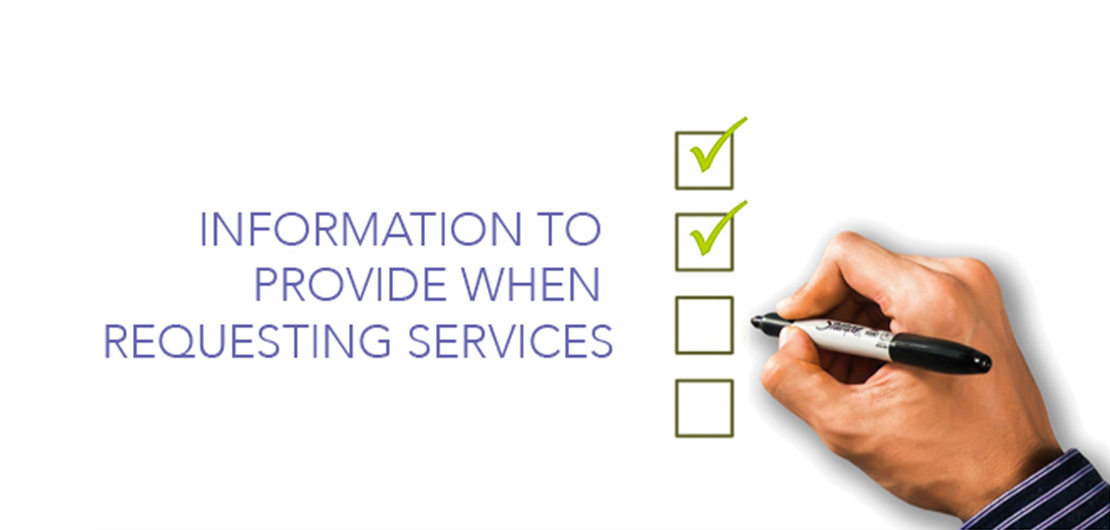Insights
all insights
Helping Us Help You
Imagine being a doctor having to see a patient without knowing any information or symptoms ahead of time. Or your boss expecting you to lead a meeting without knowing any topics or meeting notes. Having the right information and source materials allows all of us to be better prepared for daily interactions and communication. Even though a majority of their work happens in the moment, sign language interpreters are not exempt from preparation. Having the right source materials to prepare with allows interpreters to provide better service.
So, what do communication access service coordinators, like DSU, need to know when securing an interpreter? To get started, it is most important to understand the setting to help our team determine what qualifications may be required for the request. Your coordinator may ask for additional information, if needed.
For example, when coordinating a meeting we will ask for an agenda or a short summary of what the meeting will cover, how many people will be in the meeting, and a list of their names. We specifically ask for names ahead of time so the interpreter can let the Deaf participant know who is speaking by spelling out their name before interpreting their words. Having the spelling beforehand helps avoid confusion during the meeting.
When coordinating services for a presentation, we will ask for names and any bios available for key speakers or presenters, an approximate number of people in attendance, and what the format of the presentation is. If the presenter(s) plans to use a PowerPoint, you will be asked to share the slides with us ahead of time for the interpreter(s) to review. If it is going to be a speech, the interpreter may need a copy of the script to rehearse – in the same way the speaker would. Similarly, for any courses you may offer, we require the name of the instructor, a syllabus or any lesson plans, and the format of the class.
If any interpreted conversation will use specialized terms or jargon, we may ask for a list of those words or acronyms for the interpreter to become familiar with ahead of time. Being able to review those will help with spellings and overall interpretations of various subjects.
For doctor’s appointments, we need to know the reason the patient is being seen. This helps us determine if a specific gender would be more appropriate than another or if a specialized interpreter is needed. For example, there are different levels of certifications that may allow an interpreter to provide services for a general physical, but not for a mental health assessment. Knowing ahead of time what the nature appointment is allows us to provide the best interpreter.
Each piece of information we ask for is kept confidential within our company and is for the specific purpose of helping the assigned interpreter(s) provide the best possible service.

